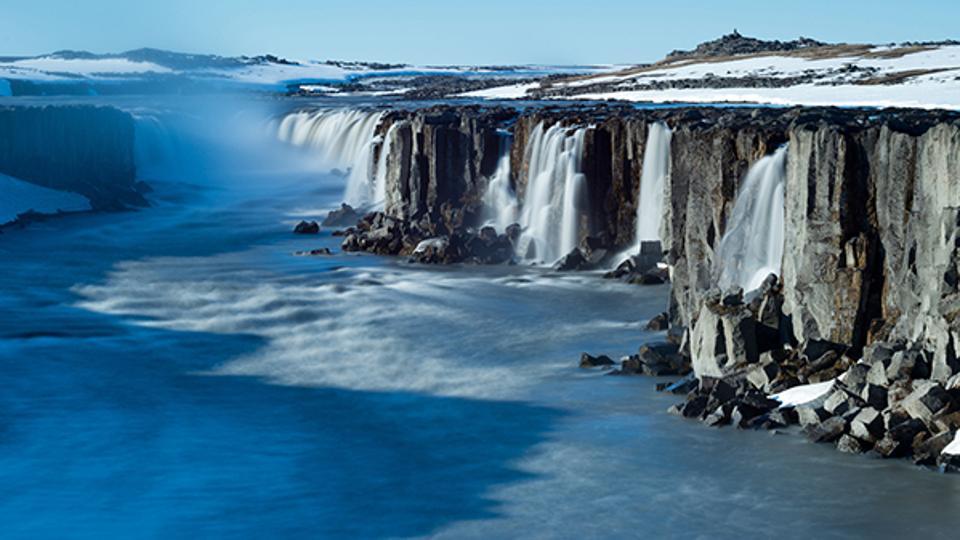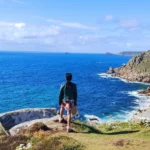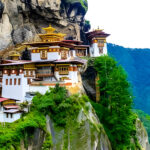Visit Iceland in 2017 for these five natural marvels that’ll take your breath away

Iceland was one of the top travel trends last year with the Icelandair airline carrying 3.7 million passengers, a 20% increase. Popular with adventurous travellers looking for rugged and spectacular natural landscapes, Iceland is a haven for those who travelling off the beaten path.
Here we list five must-see sights for visitors deciding to explore the breathtakingly exotic island country this year.
The Dettifoss waterfall
Dettifoss is the most powerful waterfall in Europe. Located in the north-east of the country, it is 44 meters high and 100 meters wide. When nearing the site, visitors are often surprised by the deafening sound of the 500 cubic meters of water towering over the falls every second.
The waterfall is accessed via the Jökulsá á Fjöllum canyon, which can be reached by road. A 4×4 vehicle is highly recommended to ensure visitors reach the waterfall without running into trouble.
The Blue Lagoon

Travellers in search of relaxation and stunning scenery shouldn’t miss the Blue Lagoon, a popular attraction where visitors can bathe in milky waters at temperatures of 36° to 39°C. The lagoon is set among the breathtaking scenery of a lava field, making the turquoise blue of the lagoon even more striking. A 40-minute drive from Reykjavik, the lagoon is fed by the water output of a nearby geothermal power plant and has a rich mineral content.
The Northern Lights at Jökulsarlón

The Jökulsarlón glacial lake, in the south of the country, is formed from melted glacier water and is the largest in the country. It’s also 200 meters deep. The lake is home to various icebergs that have detached from the glacier, casting blue and black reflections and creating a breathtaking polar landscape.
Try to visit the site at the end of the day to enjoy the spectacular dusky light. You could even stay until nightfall in the hope of catching the Northern Lights, another great reason to visit Jökulsarlón.
The Strokkur geyser

No trip to Iceland would be complete without seeing a geyser. Around 100km from the capital, the Strokkur geyser promises an impressive natural sight, ejecting a 20-meter high column of water and steam every five minutes. Head to the island’s Geysir geothermal area, which is the origin of the English word “geyser.”
Lucky visitors might even catch sight of The Great Geysir which, although generally dormant, can have a few episodes of activity during the year. The Great Geysir was regularly active in the early 1990s, with an impressive jet of superheated water and steam reaching up to 60 meters in height.
Step inside the Thrihnukagigur volcano

Iceland is a highly volcanic country, which is why it has so many geysers. The country’s Eyjafjallajökull volcano also caused widespread disruption to air travel with its 2010 eruption. The country offers curious travelers the unusual experience of visiting the inside of a volcano (an extinct volcano, of course).
Organised tours take visitors inside the Thrihnukagigur volcano, which last erupted more than 4,000 years ago. Groups descend into the volcano via the crater and are taken to admire the magma chamber. Although tours can be expensive, Thrihnukagigur is an easy-to-access site that’s around 20km from Reykjavik.
[“source-hindustantimes”]




